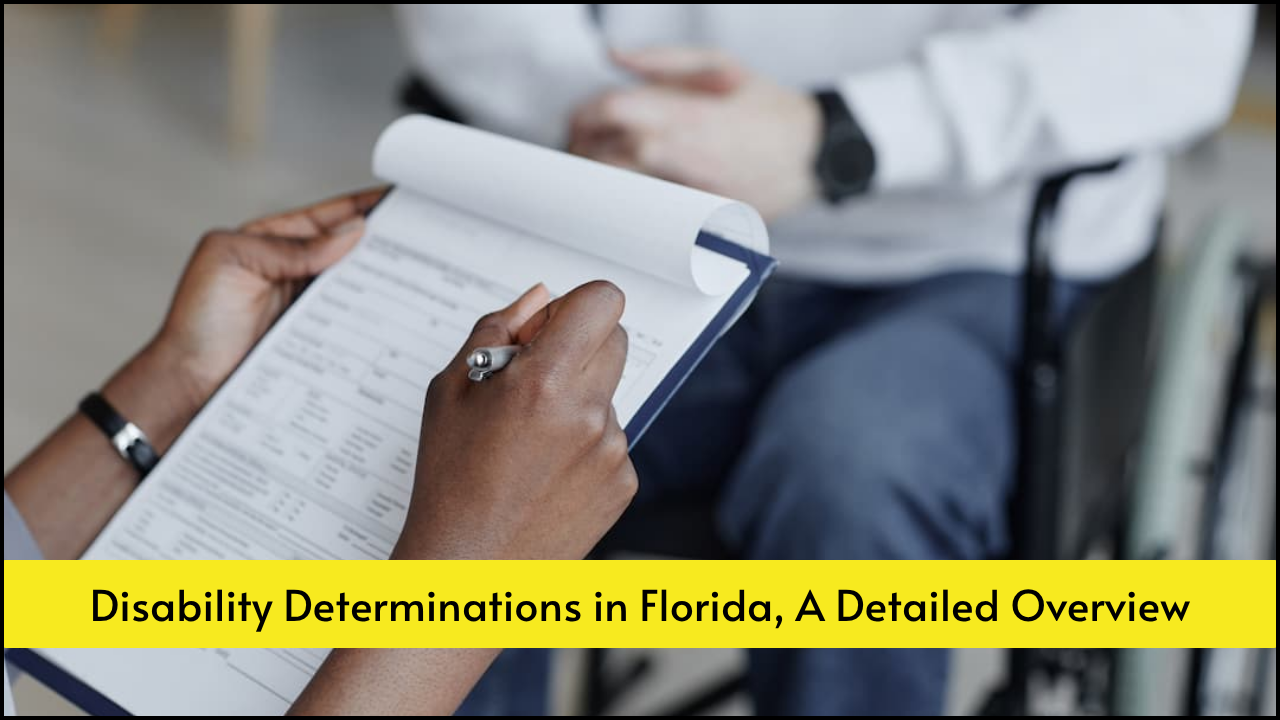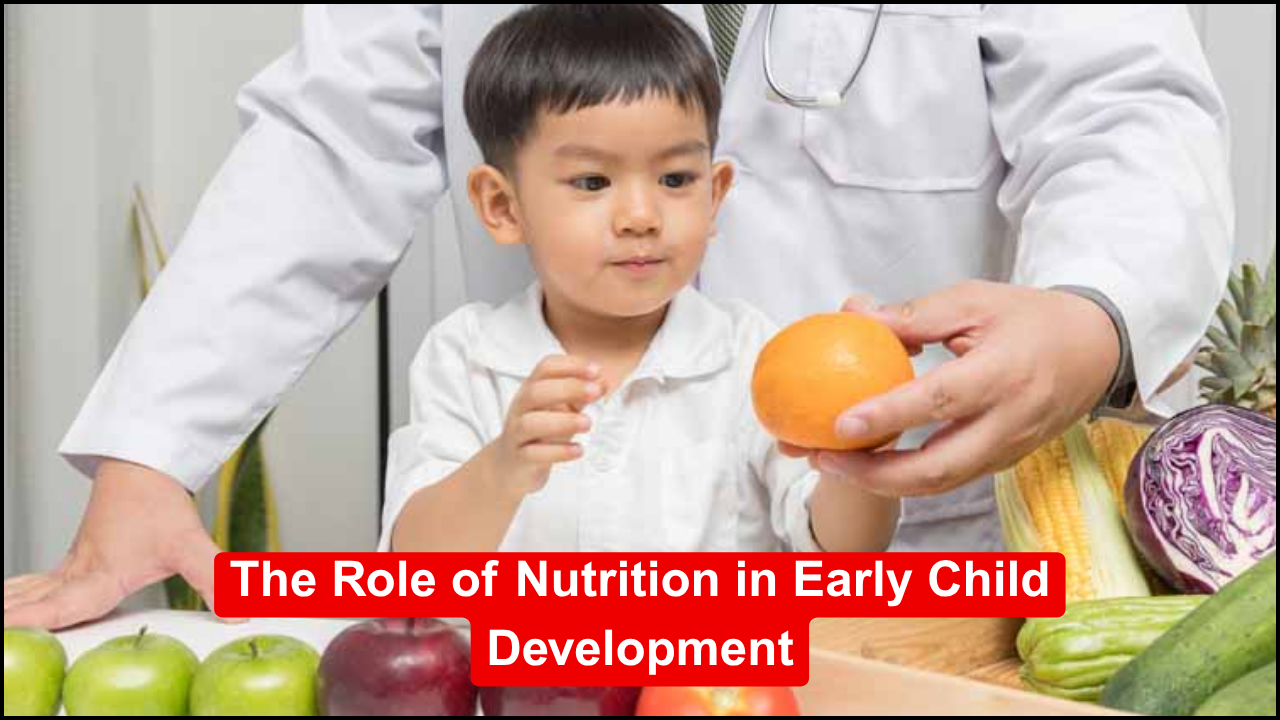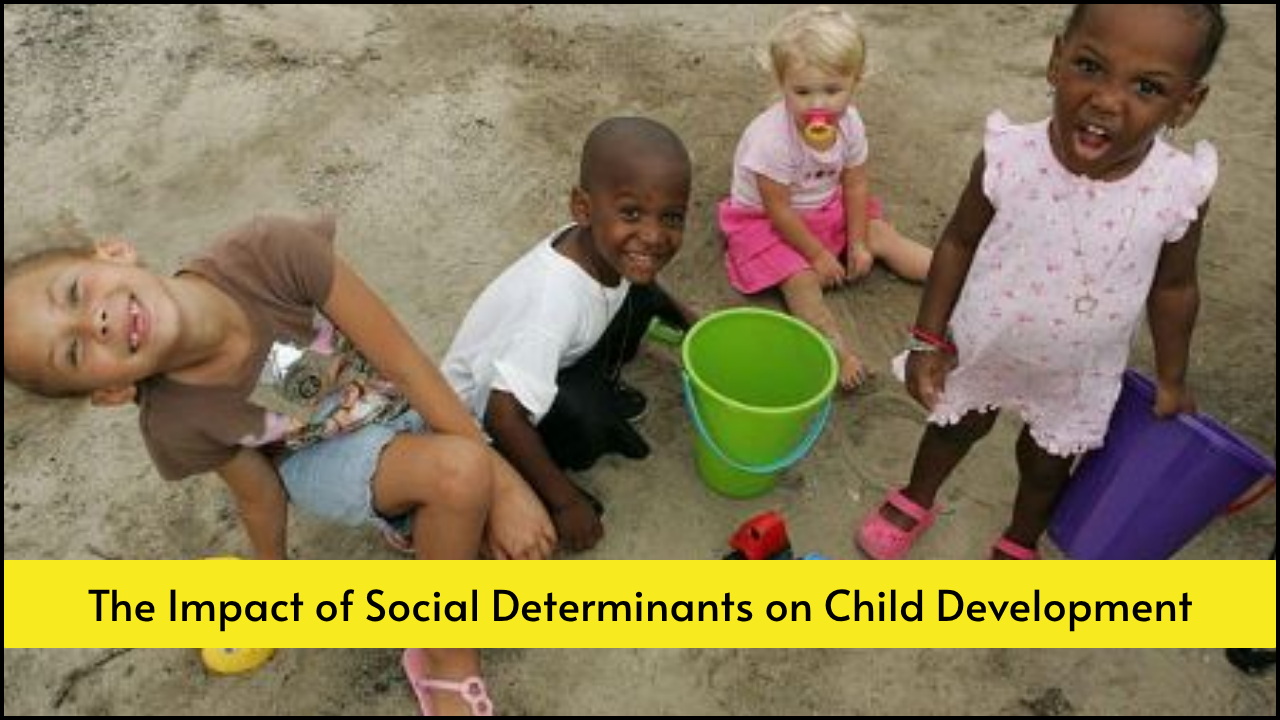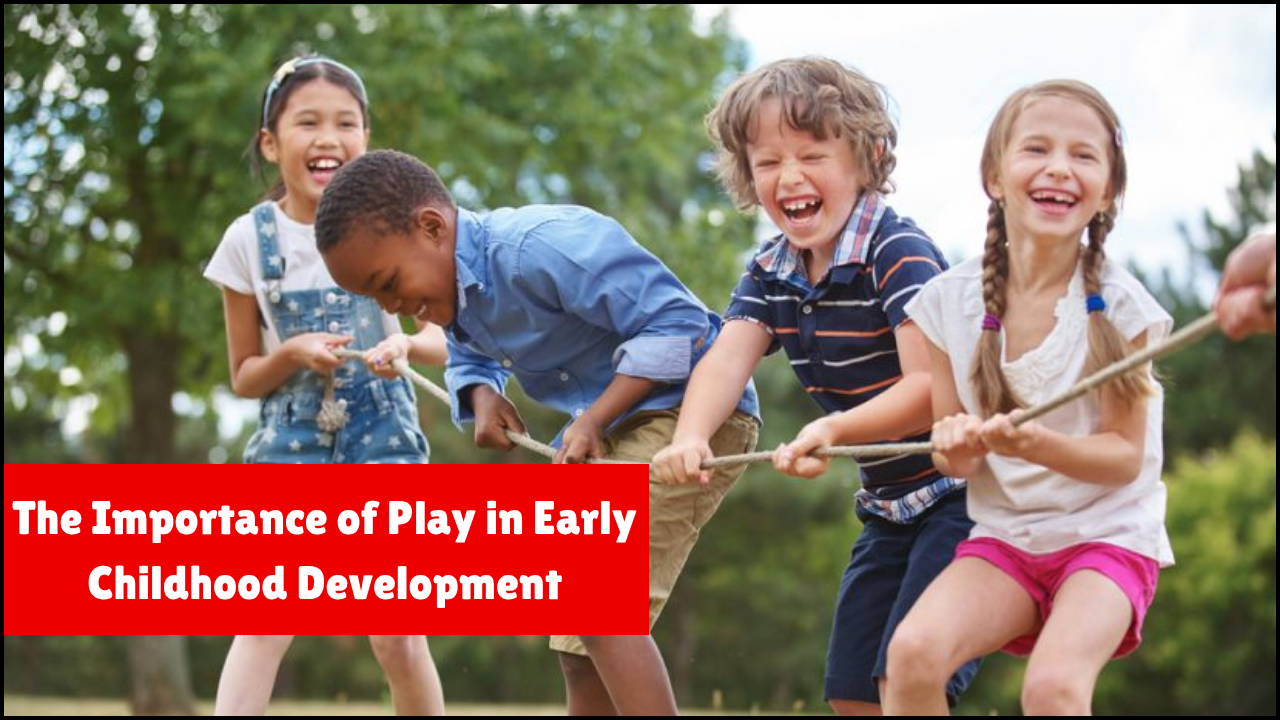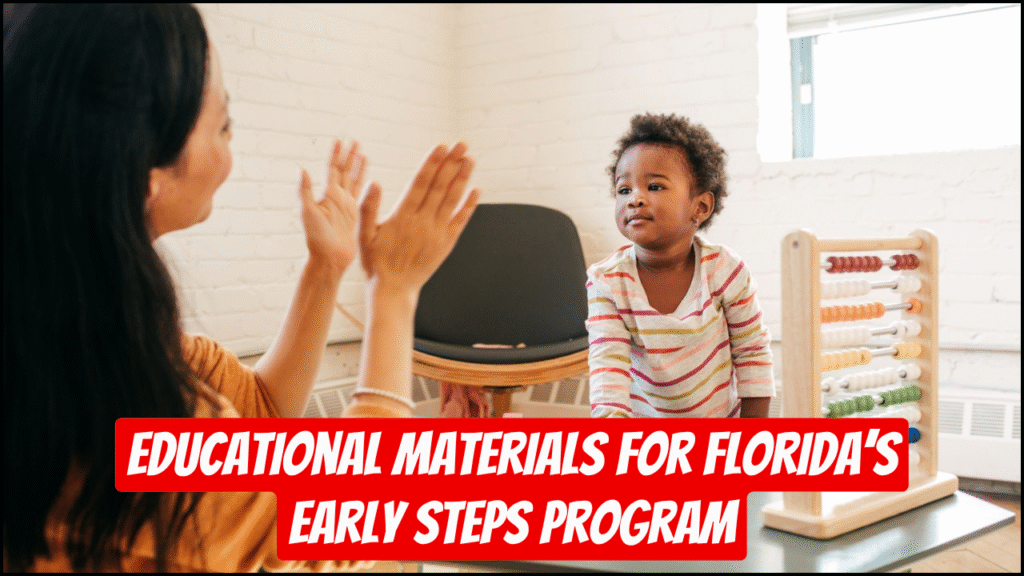
Educational materials serve as vital tools for bridging the communication gap between healthcare professionals and families. Florida’s Early Steps program provides a variety of downloadable resources to help educate families about early intervention services. These materials are categorized for ease of access and are designed to enhance parental understanding of developmental milestones, eligibility requirements, and referral processes.
Table of Contents
Key Highlights of Early Steps Educational Materials
- Patient-Centered: Materials are tailored to engage parents, guardians, and caregivers.
- Multilingual Options: Flyers and guides are available in English, Spanish, and Creole.
- Accessible Formats: Downloads include brochures and flyers with visual aids for clarity.
- Comprehensive Coverage: Topics include program overview, eligibility, developmental milestones, and procedural notifications.
Types of Educational Materials Offered
Flyers
- Purpose: Condensed, visually engaging documents to convey essential program details quickly.
- Use: Suitable for distribution in clinics, pediatric offices, and family resource centers.
Brochures
- Purpose: Provide deeper insights into program operations, parental rights, and step-by-step service processes.
- Use: Ideal for one-on-one discussions between healthcare professionals and families.
Guides
- Purpose: Offer detailed developmental checklists for parents to track their child’s growth stages.
- Use: Designed to empower parents with the knowledge to identify concerns early.
List of Available Educational Materials
| Title | Language | Type | Purpose |
|---|---|---|---|
| Early Steps Referral Flyer | English | Flyer | Introduces the referral process to families |
| Early Steps Referral Flyer | Spanish | Flyer | Spanish-language version for broader accessibility |
| About Early Steps | English | Brochure | Overview of the Early Steps program |
| About Early Steps | Spanish | Brochure | Spanish-language version of program introduction |
| Early Steps Eligibility Informational Flyer | English | Flyer | Outlines who qualifies for Early Steps services |
| Early Steps Eligibility Informational Flyer | Spanish | Flyer | Spanish version to accommodate diverse communities |
| Developmental Milestones Guide | English | Guide | Lists critical milestones for early childhood |
| Developmental Milestones Guide | Spanish | Guide | Spanish translation of the milestone checklist |
| Understanding Notification Brochure | English | Brochure | Explains parental rights and responsibilities during the notification process |
| Understanding Notification Brochure | Creole | Brochure | Creole version to serve Haitian-speaking families |
Features of the Materials
- Simple Language: Designed for easy comprehension by individuals with varied literacy levels.
- Visual Support: Incorporates diagrams and charts to clarify key points.
- Downloadable Format: Materials are available as PDFs, allowing instant access and printability.
- Cultural Sensitivity: Language options reflect Florida’s diverse population demographics.
Benefits of Using Early Steps Educational Resources
- Informed Decision-Making: Enables parents to understand their child’s development and rights.
- Enhanced Communication: Facilitates productive conversations between professionals and families.
- Early Intervention Awareness: Promotes timely identification and support for children with delays.
- Trust Building: Builds confidence in the Early Steps program through transparent information sharing.
Suggested Settings for Material Distribution
| Location | Recommended Materials | Purpose |
|---|---|---|
| Pediatric Clinics | Referral Flyers, Milestone Guides | Encourage early identification of developmental concerns |
| Hospitals | About Early Steps Brochure | Educate new parents during postnatal care |
| Community Centers | All materials | Increase awareness among underserved populations |
| Daycare Centers | Milestones Guide | Help caregivers recognize developmental issues early |
| Public Health Offices | Notification Brochure | Inform families of legal procedures and service rights |
Instructions for Medical Professionals
- Step 1: Identify the family’s preferred language.
- Step 2: Select the relevant category (flyer, brochure, guide).
- Step 3: Download and print the material.
- Step 4: Review the material with the family during appointments.
- Step 5: Encourage families to keep the handout for future reference.
Customization Suggestions
- Clinic Branding: Add clinic name and contact info to the materials before distribution.
- Highlight Sections: Use markers or stickers to draw attention to the most relevant sections.
- Feedback Loop: Encourage families to ask questions and follow up during future visits.
Language Inclusivity Efforts
| Language | Purpose |
|---|---|
| English | Standard communication language in most clinics |
| Spanish | Supports large Hispanic population in Florida |
| Creole | Specifically targets Haitian families in South Florida |
Effective Use Strategies for Practitioners
- Visual Explanation: Use images in the guides to demonstrate points.
- Role-Playing: Help parents practice referral steps using the flyers.
- Milestone Tracking: Provide parents with checklists to monitor their child’s growth over time.
- Discussion Starter: Use brochures as a foundation to start sensitive discussions about delays.
Feedback and Improvement
- Parental Feedback Forms: Encourage families to comment on the usefulness of the materials.
- Staff Training: Ensure medical staff know how to present and explain each document.
- Periodic Updates: Regularly check for updated versions of materials on the Early Steps platform.
End Notes
Educational materials from Florida’s Early Steps program serve as crucial tools for spreading awareness and improving communication around child development and early intervention services. Designed with clarity and inclusivity in mind, these resources empower families to take active roles in identifying and addressing developmental concerns. Providing these materials in clinical and community settings ensures more children benefit from timely support, paving the way for healthier developmental outcomes.


